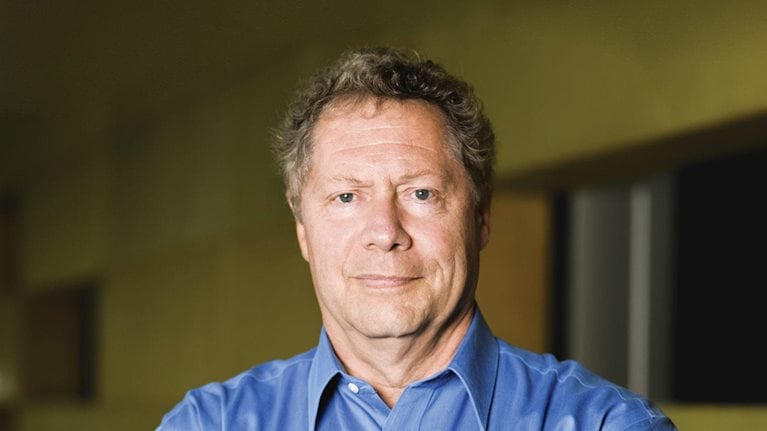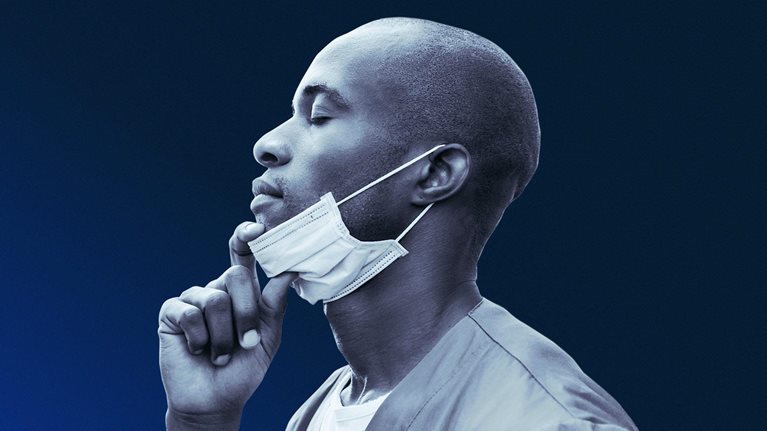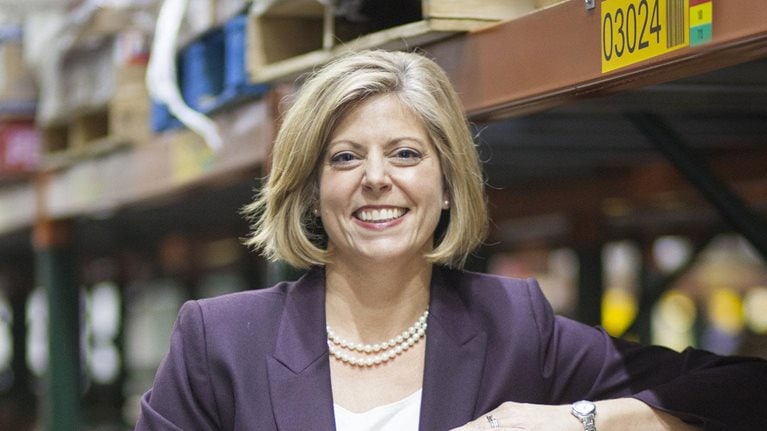A greater number of women than men have been furloughed because of the COVID-19 crisis in the United Kingdom, and women in the workforce continue to be disproportionately affected by the pandemic.1 Smart Works has served women in need of work since 2013, helping them regain the confidence to succeed by offering one-on-one interview coaching, personalized dressing services, and follow-up networking and professional development.
During the pandemic, the charity had to quickly rethink its approach to supporting clients—especially after its doors were temporarily shuttered due to the lockdown. Not being able to coach or dress clients in-person—an aspect upon which their model was founded—Smart Works shifted to completely new ground, offering their programs virtually.
McKinsey’s Virginia Simmons recently caught up with the CEO of Smart Works, Kate Stephens, to talk about the impact of the pandemic on female unemployment and how utilizing trends that COVID-19 has accelerated—such as shifting to online channels and transitioning to work-from-home models—allowed Smart Works to help even more women around the United Kingdom. An edited excerpt of their conversation follows.
McKinsey: Your plans for the charity most likely didn’t include COVID-19. With 178,000 women losing their jobs between September and November 2020 alone,2 how did you respond?
Kate Stephens: Like a lot of organizations, we were led by necessity and that drove our reaction. The industries hardest hit, like retail and hospitality, are traditionally female dominated. We saw a 21 percent increase year-over-year in the number of women Smart Works needed to support in 2020 compared with the previous year. We knew we had to address this fast. So, we took a different tact from what we had been doing.
In addition to a growing number of clients, the needs of the women we help changed. It became clear near the beginning of the pandemic that securing an interview was just as difficult as getting the job. We knew this was something we could help with and were nimble in our response. We started piloting online career coaching sessions to maximize our clients’ chances of securing an interview and employment.

The other piece is founded on a very simple proposition: when a woman looks and feels great about herself, she tends to be at her best. We take that idea and give it a very specific focus to help ensure that every woman who comes to us has a job interview confirmed. And we give her the clothes and the coaching she needs to go out and get that job. And it works: 62 percent of the women who come to us end up getting jobs within one month of their appointment. But since COVID-19, we couldn’t dress people in person. It seemed obvious the next step was speaking to them via remote conference and sending them a parcel of clothes. But it came with a huge amount of emotion. I spent the last seven years telling each of our centers to get women through the doors: “Come into our embrace. We look after our women, we build them up, and we send them on their way so they can get the job.” Going remote wasn’t a part of that.
In some ways the pandemic has pushed us to create a more mobile and fully holistic service, supporting women throughout the entire job-hunting process and beyond. This isn’t something we want to lose. It has been—and continues to be—a huge benefit to our clients.
McKinsey: How has the switch to remote conferencing and virtual services impacted your offerings and future plans?
Kate Stephens: We expect the pandemic to mean that we’ll be supporting more women than ever before because they’ve been heavily impacted as a result of restrictions and economic slowdown. It’s our mission to help any woman in the UK if she can find her way to one of our eight Smart Works centers. And now she can do that virtually. The pandemic has given us a bigger reach we never would have had, which is exciting for the organization and the unemployed women in need of additional support.
But there’s a dynamic that comes with remote meetings that impacts the quality of what we do. Prepandemic, the client experience was all served by volunteers, including the “dressers” who work with the client in the dressing room to the coaches who offer professional advice. We don’t know our clients before they come in, so volunteers provide a space to empathize with the client and put them at ease. The dressers bring the clothes to the clients. Then out of that selection, the clients and volunteers work to narrow those down to one outfit.
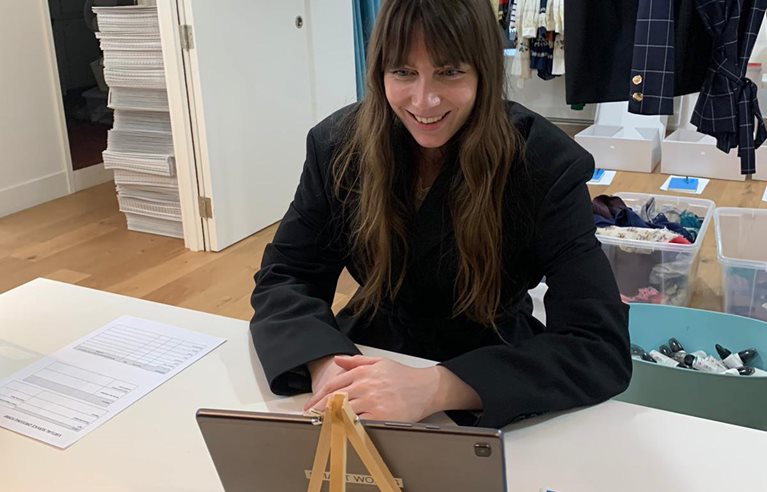
Now, with video conferencing, interactions have interesting insights for the wider sector: For instance, when clients are on with us virtually, they’ll often go for safer options. They might say, “You know what? I just want to wear black for my interview.” Or, “I just want a trouser suit. I want to be safe.” At the same time, we have a fantastic stylist saying, “This color is great for you,” or, “Wearing a chunky, beautiful necklace might be just the thing you need.” It’s much harder to comment on someone’s visual appearance when you lose that personal contact.
And the other dynamic that’s slightly more unknown is what it means to someone to be able to physically come here and be in a safe space for a couple of hours. Because often our clients have quite chaotic lives. Smart Works can be a real sanctuary for them that engenders a real atmosphere of positivity.
McKinsey: Has COVID-19 changed the organization’s fundraising model? Has it been easier or harder to get more funding during a time of such need for UK women?
Kate Stephens: Smart Works has always taken an entrepreneurial approach to fundraising, and this hasn’t changed. Our approach is split into three distinct streams: grants and community fundraising, corporate partnerships, and events. Traditionally, we have operated on a model where each of those areas is expected to bring in one-third of our revenue for the year. That approach has had to shift during the pandemic since we haven’t been able to bring in much for events. While the weighting behind each revenue stream has shifted temporarily, our approach has remained constant and the team has found ways to compensate through other channels.
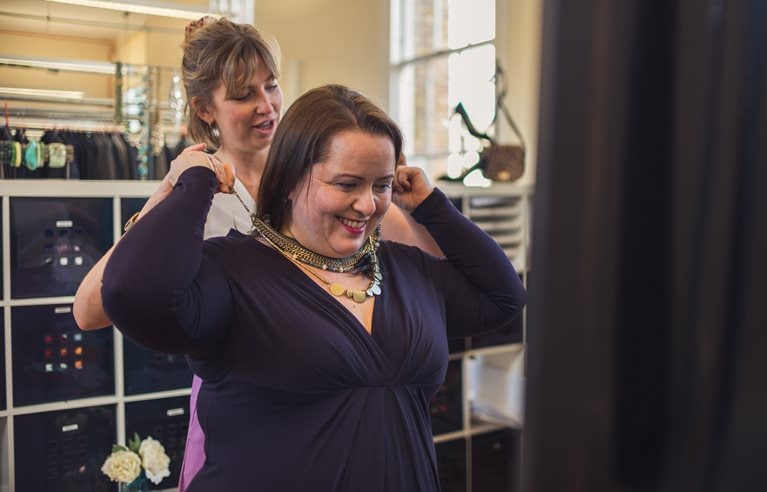
What we’ve had to adapt is the story we’re telling our fundraisers and supporters. We track the impact of our service closely. So we’ve been able to show our supporters how we’ve pivoted the service and demonstrated a nimble and agile approach that has kept Smart Works running and allowed us to keep helping our clients.
McKinsey: What’s been your biggest challenge as you lead through this crisis?
Kate Stephens: Getting women to engage with us is the aspect that takes the most time and investment— to make people feel comfortable in asking for help because everybody’s proud. You’ve got to be brave to ask for help. And you’ve got to be really brave to ask for help about your appearance. Closing our doors due to the pandemic has not made things easier.
One of the more important parts of our model that we’ve leaned on heavily is the relationship with our referral partners. Everyone needs a referral to use our services. It’s how we assess the need. And there is a huge range of partnerships—practically every job center in London working on employability programs for women. This includes the Prince’s Trust and a lot of smaller, on-the-ground organizations. Anything we can do to help them, we do. And, equally, we want to help women leaving prison and trying to find their way, as well as victims of domestic violence. We’d like to see as many of these clients as possible.
McKinsey: What in your past experience do you think best prepared you for the challenges of COVID-19?
Kate Stephens: I think my long career in public relations combined with work as a trustee of a leading family charity made me more process oriented, which helps in times of crisis. One of the things we immediately did at the start of the pandemic was put more systems in place for the team, especially around communicating with each other. It sounds small but it was important because we’ve been growing and everyone was busy in their own silos and didn’t necessarily have a view of what was happening across the organization. Now we have a meeting every morning to touch base across the whole charity. It’s really helped connect people and connect our regions.
I’ve also spent time working with growth organizations, which helped me understand the stage where you get to a certain size and need to add structure. I remember exactly when I said, this is the moment Smart Works needs to put the scaffolding in place. Otherwise, the organization is going to fall in on itself. COVID-19 accelerated a lot of that for us.
McKinsey: What’s your vision of the future for Smart Works?
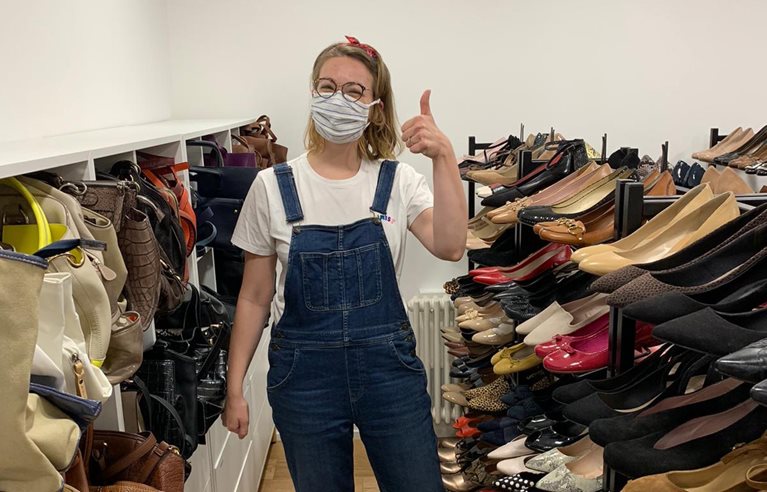
Kate Stephens: We’ve got more work to do to make sure that our hubs are genuinely nationwide and that Smart Works continues. We need three or four more centers around the UK. Then we need to make sure those hubs are thriving and helping as many women as they can.
The other thing that COVID-19 has opened our eyes to is the potential of Smart Works as a platform. We have many amazing women who come to us that are from a wide range of ethnic backgrounds, far more than in the general population. And we have a lot of corporates and employers we work with who are interested in recruiting from a more diverse base. So we’ve been looking at how Smart Works can act as a conduit to help make that happen.
Comments and opinions expressed by interviewees are their own and do not represent or reflect the opinions, policies, or positions of McKinsey & Company or have its endorsement.
